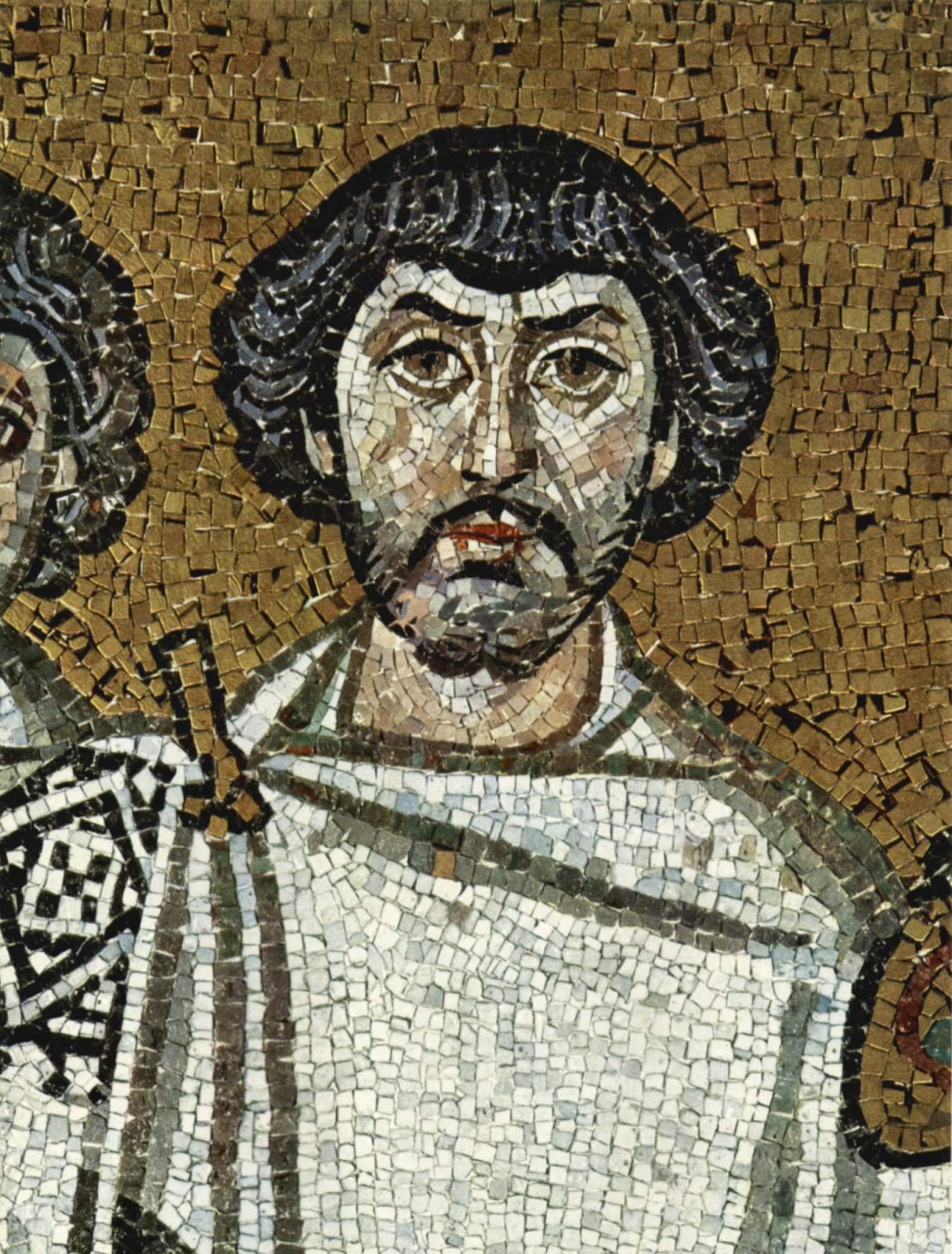PATHOGENESIS: A HISTORY of the WORLD in EIGHT PLAGUES (audiobook) by Jonathan Kennedy

Published by Random House Audio in April of 2023. Read by the author, Jonathan Kennedy. Duration: 9 hours, 23 minutes. Unabridged. Kennedy presents a compelling argument that disease has had a profound impact on world history by just telling a history of Europe from the days of cavemen up until now. The first 45 minutes or so of this audiobook seemed to be wandering around and not going anywhere, but Kennedy was laying a strong foundation for the rest of the book. The book makes it painfully obvious that humanity has bounced from one biological disaster to another. Humanity has adapted (either by behavior - like building sanitation systems to deal with body waste to control cholera) or biologically by simply having a large body count until those with immunity can rebuild (the Black Plague is a prime example.) Kennedy persuasively argues that infection and disease helped the rise of Christianity, the rise of Islam, the end of feudalism, the rise of capitalism, and the European conques














